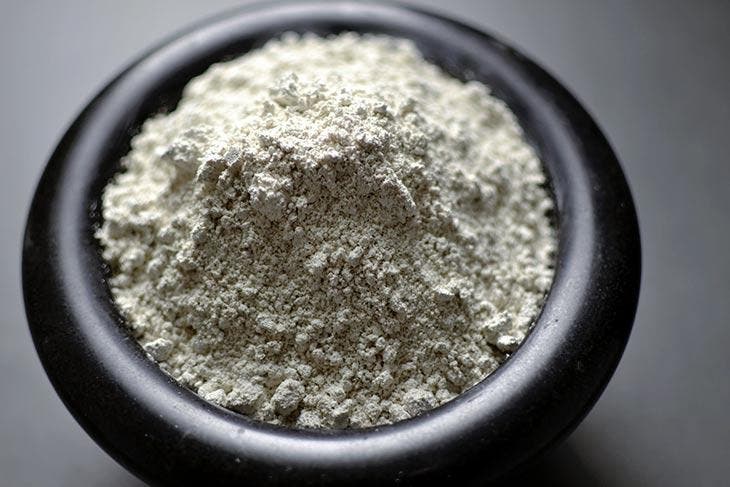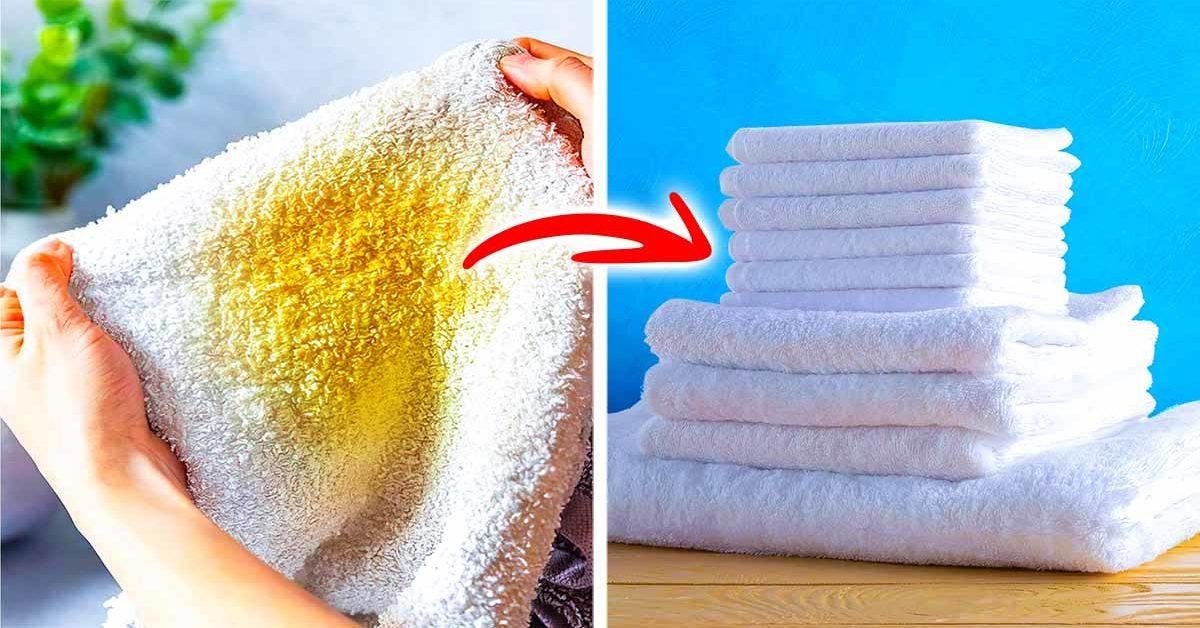Houseplants are all the rage right now, and some of them are already populating our homes. We value them above all for the little natural touch they bring to our homes, as well as for their undeniable aesthetic and decorative qualities. However, what is usually ignored is that they can be a source of inconvenience and problems. Indeed, some of them may attract pests such as cockroaches. So, let’s find out which plants you absolutely cannot have at home.
Many of us are convinced that a little greenery can only do good on the inside, and yet this is not always the case! You have to be careful with some plants and know how to choose the right varieties to avoid unpleasant surprises.
What indoor plants attract cockroaches?
Speaking of insects such as bed bugs, moths, ants, cockroaches and other cockroaches, it is important to know that they love moist and dark environments. To survive, they certainly need food, but above all water. Indeed, if a cockroach can do without food for several days, then, on the other hand, it cannot do without water. That is why they are most often found in bathrooms and kitchens, but not only. From there the problem of indoor plants arises from the fact that they form a small, always wet house, where these pests can come to moisten and feed. Thus, plants that require a lot of water and are regularly watered end up attracting them. Thus, orchids, tropical and exotic plants favor the development of these pests. Brazilwood is also to be avoided, very fashionable nowadays in its miniature version. So if you notice insects attacking your plants, consider reducing your watering frequency by a few days.
Houseplants. Source: spm
Some natural tips to get rid of cockroaches
What could be worse than the scenario of the invasion of cockroaches in the house? In addition to their disgusting appearance, they can carry dangerous germs and bacteria. Therefore, their presence should not be taken lightly. Know that a female cockroach can lay up to 400 eggs in her lifetime and that they live in colonies.
Here are some tips on how to exterminate them before they break into your home:
- Get rid of leftover food: we obviously know that cleanliness is necessary to avoid colonization by insects, because, first of all, they are looking for food. The more food they find, the more they will breed.. Also, be aware that cockroaches are omnivorous and will eat absolutely anything. Therefore, it is important to be as strict as possible and not leave anything unattended. So don’t forget to put food in airtight boxes, clean appliances (oven, stove, etc.), wash dishes daily, take out the trash and household waste every evening, and keep an eye on pet trays.
- Clean pipes: cockroaches love moist environments and their favorite places are undoubtedly the pipes of sinks, showers and washbasins. They will certainly breed if they find food waste or any other waste there.
- Avoid bleach: may seem contradictory, but the use of bleach is far from repelling or killing cockroaches… on the contrary, it attracts them ! This is due to the fact that the latter communicate with each other through pheromones, and that the smell of bleach is similar to the latter.
- Use natural repellents: True, there is no shortage of chemical insecticides, including on the market, but they are not always effective, especially since they are generally poisonous. Better focus in this case, organic products e.g. white vinegar to use as a spray, baking soda or diatomaceous earthsprinkle in all the strategic places where cockroaches circulate: nooks, crevices, crevices and baseboards (you can add some sugar as a bait to attract them and encourage them to ingest these substances).
Diatomaceous earth, natural insecticide. Source: spm
You are now ready to eradicate these pests. Obviously, if you are the victim of a severe infestation, do not hesitate to contact a professional for an effective and drastic pest control.





